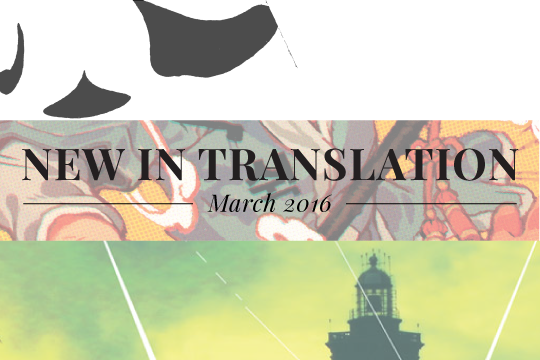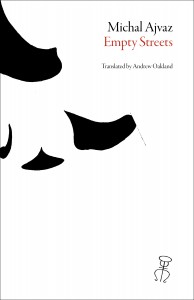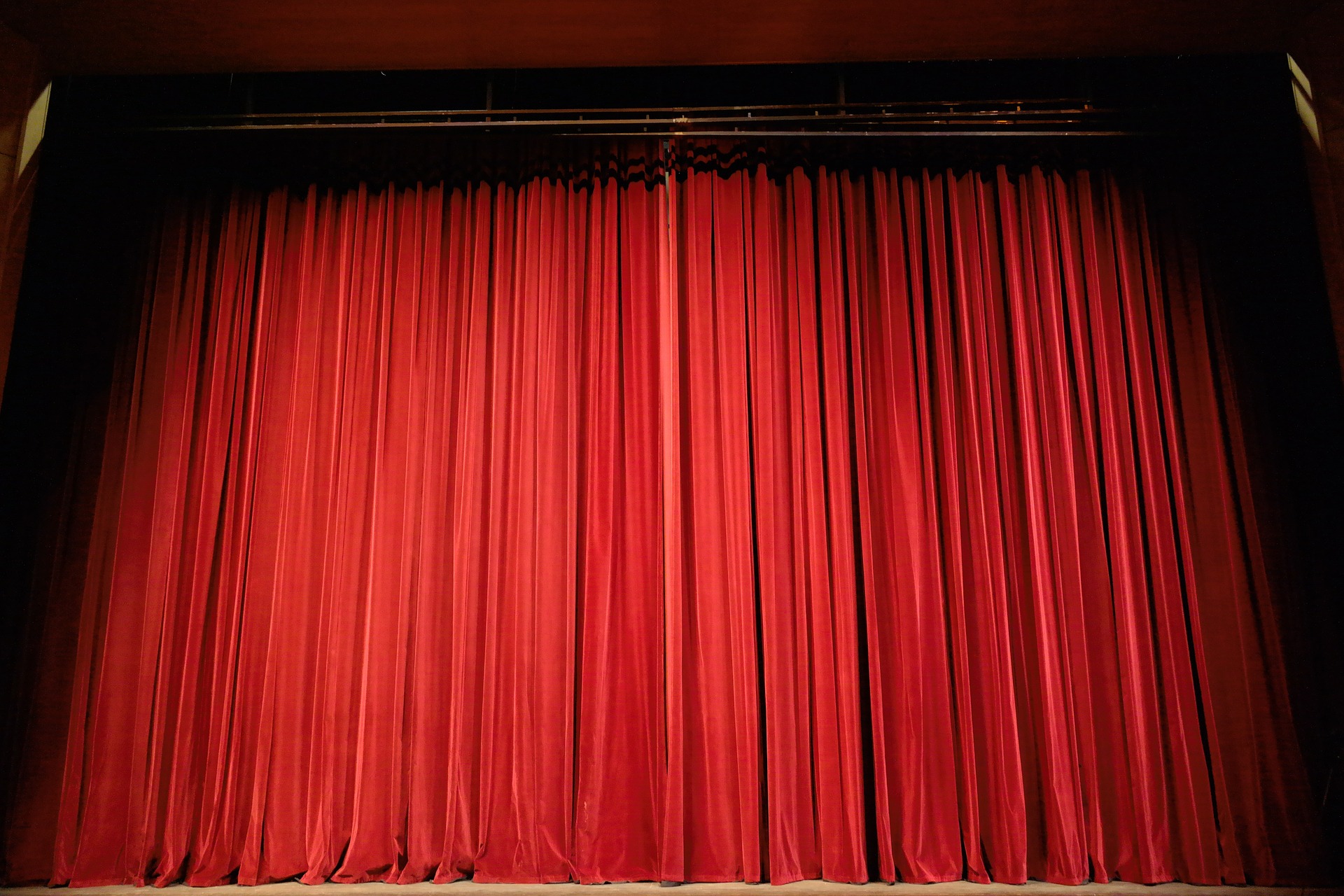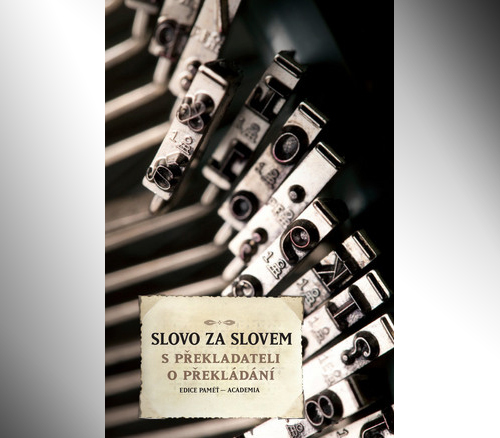All aboard the Asymptote Express, first stop: Zambia! Editor-at-Large Alice Inggs reports on the latest literary events, and then takes us to the PEN International Congress in Spain and to South Africa, where the defense of freedom of expression is the issue of the hour. From Czechia, Editor-at-Large Julia Sherwood notes the most recent publications and endeavors to widen the readership of Czech literature, and from Singapore, Chief Executive Assistant Theophilus Kwek gives us the rundown on awards, festivals, and funding concerns. Enjoy the ride!
Editor-at-Large Alice Inggs reports from Zambia, South Africa, and the 82nd PEN International Congress:
Zambia’s inaugural Tilembe Literary Festival took place over three days last week in the country’s capital, Lusaka. The festival theme was “Celebrating the Art of the Liberation Struggle”, inspired by a quote from South Africa’s poet laureate Keorapetse Kgositsile: “In a situation of oppression, there are no choices beyond didactic writing: either you are a tool of oppression or an instrument of liberation.” The festival’s headline guest, Malawian Shadreck Chikoti, explores this theme in his work in both English and Chichewa.
The theme of protest writing and writing in protest was also on the agenda at the 82nd PEN International Congress, which began on September 29 in Ourense, Spain and brought together over 200 writers and PEN members from around the world. PEN South Africa and PEN Mexico proposed a change to the PEN Charter that would build on the initial mandate to help dispel race, class, and national prejudices. The amendment calls to dispel discrimination based on religion, gender identity, and sexual orientation. PEN South Africa also submitted a resolution, seconded by PEN Uganda, for Egyptian government to free writers and activists detained for exercising their right to freedom of expression, guarantee the independence of the Egyptian Writers Union and Egyptian Journalist’s Syndicate, and repeal certain restrictive laws. Speaking about this year’s congress, PEN International President Jennifer Clement quoted former President Arthur Miller: “When political people have finished with repression and violence, PEN can indeed be forgotten.”
In South Africa, student protests over the right to free tertiary education and a decolonialized academic programme continue. A list of books inspiring the various student movements has been circulated online. Prominent authors include Steve Biko, Franz Fanon, and Chimamanda Ngozi Adichie. Meanwhile, the launch of Amagama eNkululeko! Words for freedom: Writing life under Apartheid will take place next week in Johannesburg. An anthology of short fiction, poetry, narrative journalism, and extracts from novels and memoirs, the book features writers like Nat Nakasa and RRR Dhlomo and aims to highlight local literature as a way to engage with South Africa’s past. In the foreword, author Zakes Mda offers the adage, “you will not know where you are going unless you know where you come from”, and urges the reader to keep a record of the present since “[t]here is a writer, or at least a storyteller, in all of us”.
Editor-at-Large for Slovakia Julia Sherwood has literary updates from Czechia:
In December 2014, Prague joined UNESCO’s Creative Cities network as one of eleven “Cities of Literature.” The city’s Municipal Library, which also offers residencies for translators and writers, has since organised several street projects as part of the initiative. One of the first beneficiaries, English author Sarah Perry (The Essex Serpent), is currently working on a modern gothic novel set in Prague. Not everyone is convinced of the program’s merits, however. Writer Ivana Myšková, who resigned after a year on the project team, explained in the literary journal Host that without proper planning and coordination, it may “remain an end in itself, an empty political gesture”.






